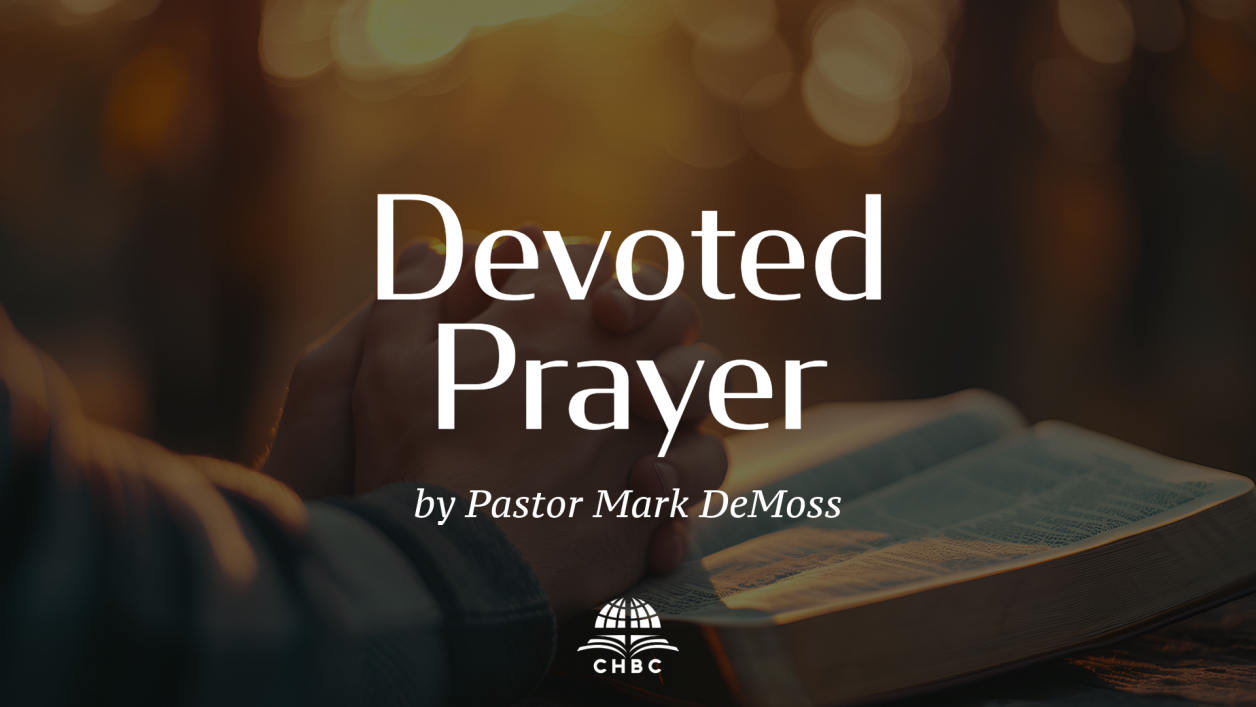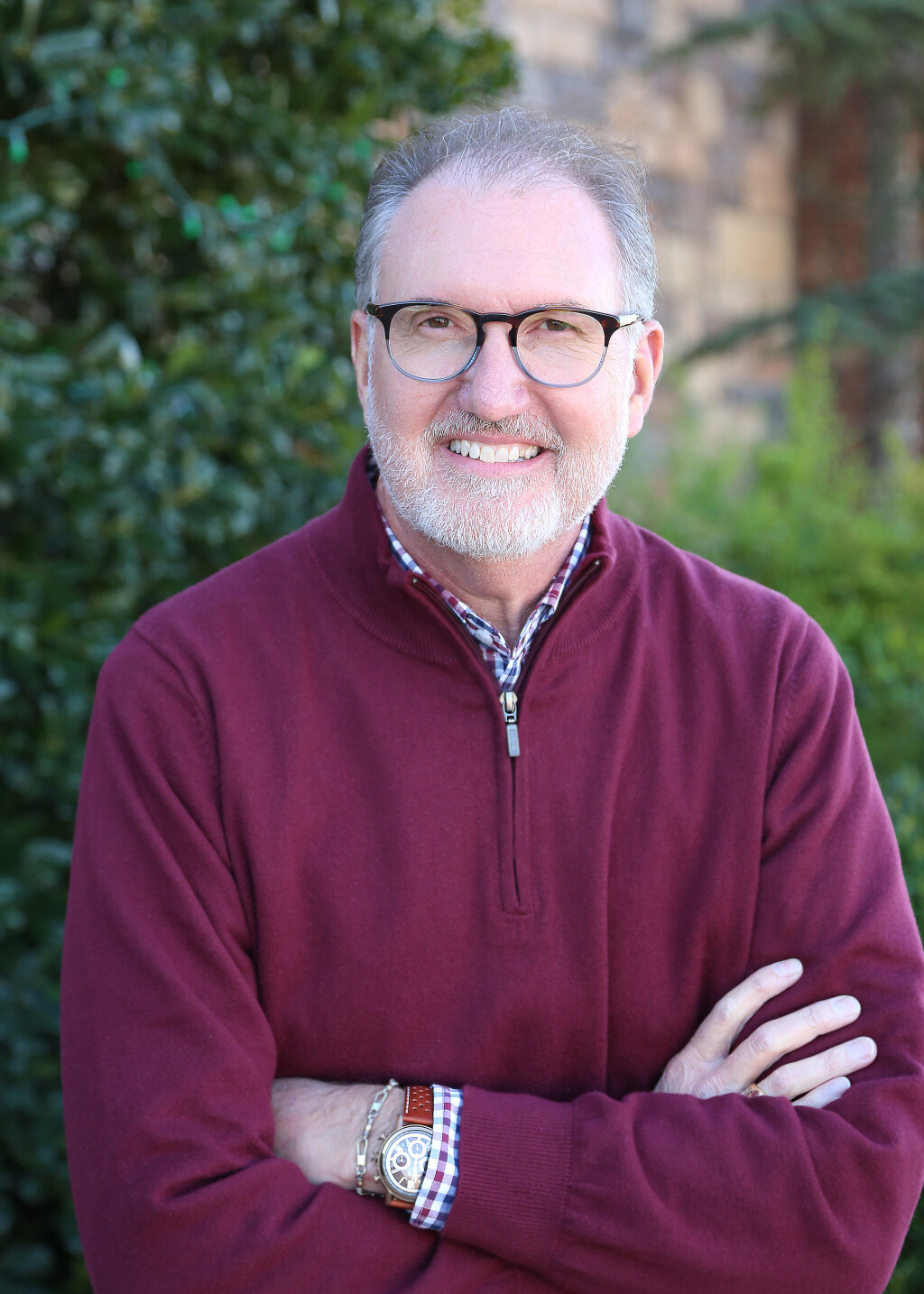
Acts 2:42 says, “They were continually devoting themselves to the apostles’ teaching and to fellowship, to the breaking of bread and to prayer.” They were continually devoting themselves to prayer. Does this raise questions for you? What did that look like? Was it scheduled or unscheduled? What did they pray? How much time was spent in prayer? Were they alone? Were they with others?
You might have more and better questions than these. But I have often wondered about what it means to be devoted to prayer. I want to just take personal prayer out of the conversation at this time and think with you about what we find in Acts 2. Because I think here is a description of what happened when the believers came together. When these new Christians began to meet, they were continually devoting themselves to the teaching of God’s Word (the apostles’ teaching), to fellowship, to the Lord’s Supper (to the breaking of bread) and to prayer.
They gave time for prayer. I have been in worship services where prayer seemed to be an afterthought. Prayers were given, but with no thought about when to pray or what was to be the concern of that prayer. I have been in worship services where prayers were mechanical. It was prescribed by a written order of what was to be prayed and at what moment it was to be prayed. The person praying did not have to put any thought into what would be voiced on behalf of the people to God. The participants did not have to think about the prayer, because it was repeated or recited words to which little thought about their meaning was given.
I have been in worship services where the prayer was chaotic. Everyone was praying aloud all at once while someone was asked to lead the group or congregation in prayer. You could not hear the person leading in prayer, and you could not think for yourself, because others were repeating phrases of prayer over and over aloud.
Devotion to prayer seems to indicate that thought, care, and intentionality is given to the prayer the congregation will have during its time of gathered worship. Not all the prayers must be spoken aloud, nor should only one person give the prayer. Some prayers can and should be spontaneous, but it is also appropriate that the person asked to lead in prayer is given some direction. The person leading in prayer should take some time to prepare their thoughts. They may even write out what they will pray.
In the average church service, there may be two or three spontaneous prayers offered before or after other elements of worship. Each of those prayers may last a minute or two. That means there might be a maximum of six to eight minutes of prayer in that type of worship service. I think you would agree that falls short of devotion to prayer.
We have intentionally ordered our services to include specific prayers, which we hope will be several minutes long. We open our service with a prayer of adoration. We want to focus our hearts and minds at the outset of worship on the person, being, and character of God. After some singing we take a moment in a prayer of confession. Sometimes that prayer is spoken aloud. Sometimes the congregation is asked to quietly pray confessing their sin before God. Sometimes there is a mixture of personal and corporate prayer at that moment.
We sing of God’s great gospel grace coming out of our confession so that we are reminded that every sin is forgiven by the blood of Jesus for those who repent. Another prayer is offered as a prayer of thanksgiving as we reflect over what God has done for us in Christ, and as we prepare to respond in our time of offering.
Our pastoral prayer at the end of the sermon is a prayer of supplication as I pray on behalf of the congregation that God’s Word would be heard and obeyed, and as I ask God’s help in living out what we have heard from His Word. These four prayers move our service from beginning to end. There are other prayers that occur during our times of worship, but these four are always present.
We do not do this just to be formal in our worship. We do this out of a since of order and out of a since of devotion. We want our times of worship to reflect the fact that we are devoted to prayer. We are not devoted to prayer for the sake of prayer. We are devoted to prayer because it reflects our dependence on God, our hope in His presence, and our trust in His power.
By His Grace and For His Glory,
Pastor Mark

